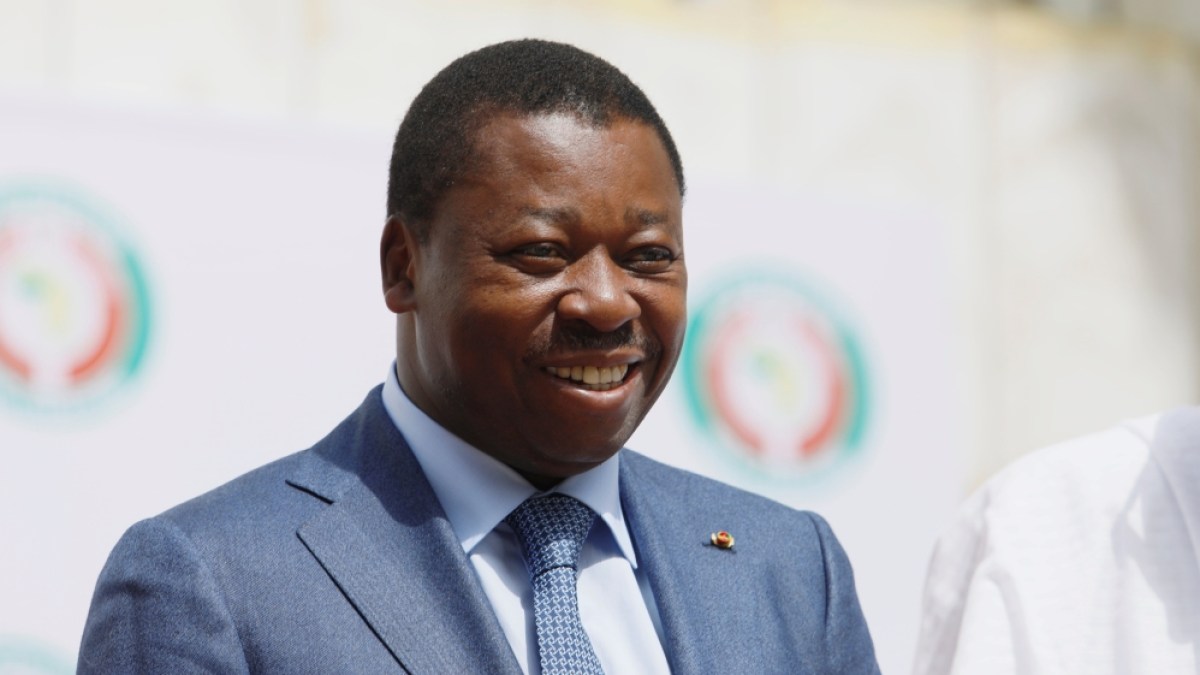Wickremesinghe told lawmakers that negotiations with the International Monetary Fund to revive the country’s “collapsed” economy are “difficult” because the South Asian country of 22 million people entered the talks as a bankrupt rather than a developing country.
“Now we are participating in the negotiations as a bankrupt country. Therefore, we have to face a situation that is more difficult and complex than the previous negotiations,” Wickremesinghe said in Parliament.
He added, “Because of the bankruptcy that our country is going through, we have to submit a plan on the sustainability of our debt to the (International Monetary Fund) separately.” “Only when they are satisfied with that plan can we reach an agreement at the staff level. This is not a straightforward process.”
Sri Lanka is in the midst of its worst financial crisis in seven decades, after its foreign exchange reserves plunged to record levels, with dollars running out to pay for essential imports including food, medicine and fuel.
President Gotabaya Rajapaksa wrote on Twitter Wednesday that he had asked for help from Russian President Vladimir Putin and had requested an “offer of credit support for fuel import.”
In many major cities, including Sri Lanka’s commercial capital, Colombo, hundreds continue to queue for hours to buy fuel, sometimes clashing with police and the military while they wait. Schools were suspended and fuel was limited to essential services.
Sri Lanka’s Energy Minister, Kanchana Wijesekera, said on Sunday that the country had less than one day of fuel remaining.
“Because of the recent global crises, this situation became even more severe and we who were in the pan fell into the oven,” Wijesekera said.
On Tuesday, Prime Minister Wickremesinghe said he hoped a report on debt restructuring and sustainability would be submitted to the IMF by August. Once an agreement is reached, Wickremesinghe said a comprehensive four-year loan assistance program would be prepared.
Opposition MPs interrupted his speech in Parliament, chanting “Gotha go home” – a reference to the president who was present. Rajapaksa was seen leaving the building to cheers.
For months, many Sri Lankans have been calling for Rajapaksa to resign over accusations of economic mismanagement.
By the end of this year, Wickremesinghe said, inflation will rise to 60%.
“This will be a difficult and bitter journey,” Wickremesinghe said. “But we can feel comfortable at the end of this journey. Progress can be made.”
The British government said on Tuesday it was now advising against all but essential travel to Sri Lanka due to the impact of the economic crisis.
CNN’s Jesse Young contributed to this report.

“Coffee trailblazer. Certified pop culture lover. Infuriatingly humble gamer.”



